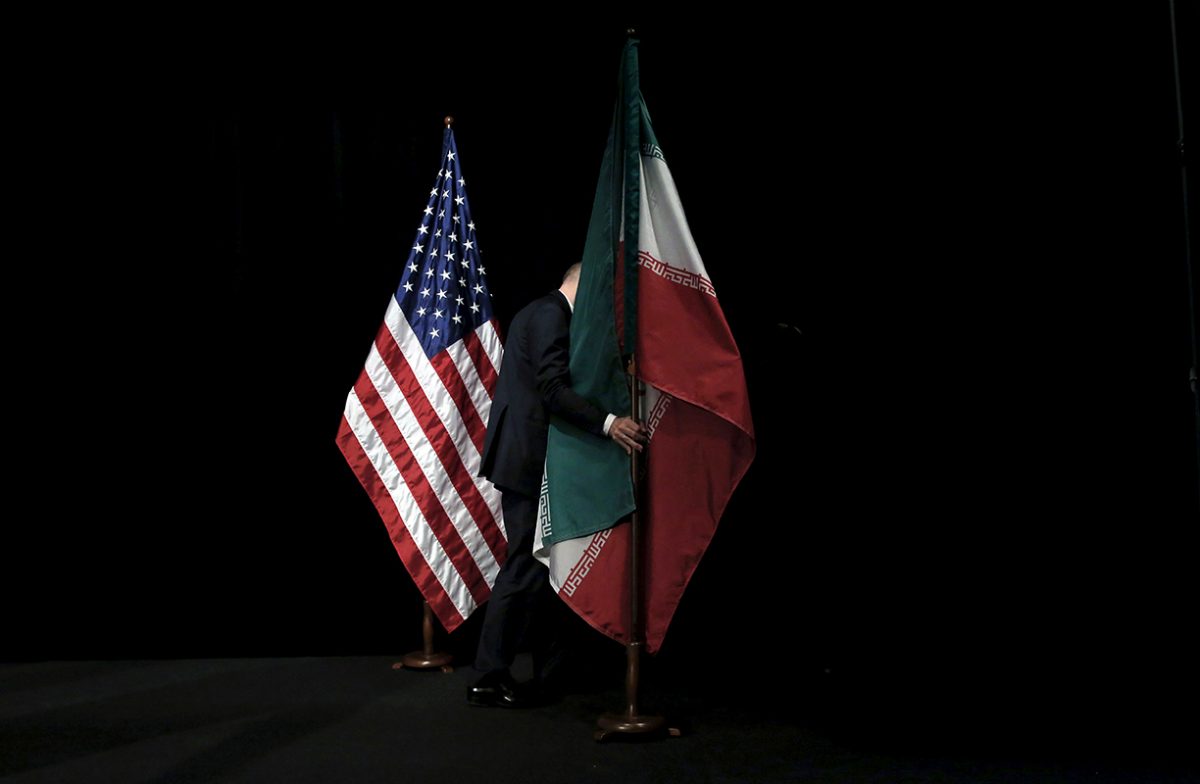Tehran has roundly rejected reports that Iran and the United States are reaching an “interim deal” that foresees some sanction relief for the Islamic Republic in exchange for changes in the country’s peaceful nuclear energy program.
Iran’s UN mission made the remarks on Thursday after the London-based Middle East Eye (MEE) news and analysis website claimed that the countries were close to clinching such a deal amid the stagnation of talks on the revival of the Joint Comprehensive Plan of Action (JCPOA).
The JCPOA was reached in 2015 between Iran and world countries, including the United States. It enabled limited sanction relief for the Islamic Republic, which, in turn, volunteered to change some aspects of its nuclear work.
The US, however, left the agreement in 2018 under former President Donald Trump, returning all the sanctions that the deal had lifted.
Negotiations to revive the agreement started in April 2021. The talks have, however, stalled amid Washington’s refusal to offer guarantees that it would not ditch the deal again.
“There is no interim deal [meant] to replace the JCPOA,” said the Iranian mission to the United Nations, adding that no such agreement is on the agenda.
Also on Thursday, a White House National Security Council spokesman similarly rejected the MEE report, calling it false and misleading.
Trump’s successor Joe Biden has alleged an interest in returning the US to the JCPOA. Biden’s administration has, however, not only stopped short of taking any measures that could lift the talks out of its current impasse but has also imposed many rounds of its own sanctions against the Islamic Republic.
MEE cited two unnamed sources as saying Iran and the United States had “reached an agreement on a temporary deal” to take to their superiors.
It claimed Iran would cease enriching uranium to purity of 60% or above and continue cooperation with the UN nuclear watchdog in return for exporting up to 1 million barrels of oil per day and access to “income and other frozen funds abroad.”
The website added the talks were led by US special envoy for Iran Rob Malley and Iran’s ambassador to the UN Amir Saeid Iravani in an apparent reversal of Iran’s refusal to deal directly with US officials.
A State Department spokesperson declined to comment on any such talks, saying only that it had ways to pass messages to Iran but would not detail their content or how they were delivered.
Two Iranian officials told Reuters there had been progress but no agreement was imminent. A third claimed Malley and Irvani met at least three times in the past weeks but gave no details.
